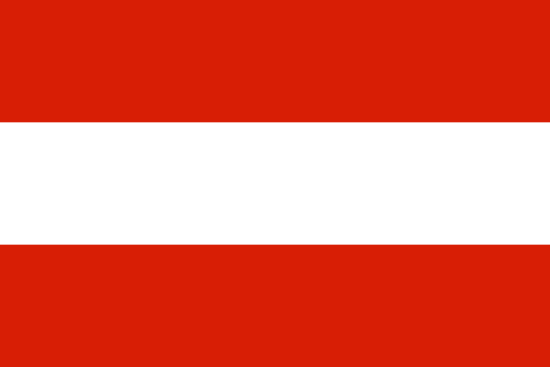"Salzburg, die Bühne der Welt | Salzburg, the stage of the world"
About:
Salzburg, Austria, was founded by the Romans in 15 B.C. as "Juvavum". In the 8th century, it became a spiritual center under Bishop Rupert. It flourished as a principality of the Holy Roman Empire until 1805, when it was annexed by Austria. The city is renowned for its baroque architecture, preserved since the 17th century. It's also the birthplace of Mozart and the setting for the film "The Sound of Music". Today, Salzburg is a prominent cultural hub, attracting tourists with its historical charm and music festivals.
When to visit:
Salzburg, a charming city in Austria, is a popular destination for tourists throughout the year. However, the best time to visit Salzburg is during the spring and summer months from May to September. During this time, the weather is mild and pleasant, making it ideal for exploring the city's historic sites and natural beauty. Additionally, the city hosts many cultural events and festivals during the summer season, providing visitors with a vibrant and lively atmosphere to enjoy.
When to avoid:
Salzburg, Austria is a popular destination known for its stunning architecture and rich musical heritage. While the city is beautiful year-round, the worst time to visit is during peak holiday seasons such as Christmas and New Year's. During these times, the city experiences heavy crowds, long lines at tourist attractions, and inflated prices for accommodations and activities. Travelers looking for a more peaceful and budget-friendly experience may want to consider visiting Salzburg during the shoulder seasons of spring or fall.
Winter (December-February)
In Salzburg, winter is the coldest period, particularly in January, with temperatures often dropping below -1°C. Snowfall is common, transforming the city into a winter wonderland. Days are short and sunlight is limited to around 3 hours per day. Cloud cover is usually high, leading to grey skies. For visitors, the day typically starts with a brisk morning, often with fresh snowfall. Afternoons are chilly, perfect for indoor activities like visiting museums or cafes. Evenings can be very cold, ideal for cozy dinners and concerts. Despite the cold, the city's beauty shines through.
Summer (June-August)
The warmest part of the year in Salzburg, Austria, is from June to August, with July being the hottest month. During this time, the average high temperature ranges between 22°C (72°F) and 25°C (77°F), while the average low temperature is around 14°C (57°F) to 15°C (59°F).
Rainfall is quite frequent during these months, with June typically being the wettest month of the year, receiving around 150mm of rain. The city experiences an average of 14 to 16 rainy days per month in this period.
Sunlight is plentiful during the summer, with Salzburg getting an average of 7 to 8 hours of sunshine per day. The longest day of the year, around the summer solstice in late June, can have up to 16 hours of daylight.
Humidity levels are moderately high in the summer, averaging around 70%. This can make the temperature feel slightly warmer than it actually is.
As for cloudiness, Salzburg has partly cloudy to mostly sunny skies during the summer months. However, sudden rain showers can bring about overcast skies.
For a visitor, a typical summer day in Salzburg would be warm and slightly humid, with a good chance of rain. The mornings usually start off cool and crisp, gradually warming up as the day progresses. Afternoons can be hot but are often tempered by breezes and occasional rain showers. Evenings are usually pleasant and slightly cooler, perfect for strolls around the city. Despite the rainfall, there's plenty of sunshine and daylight hours for sightseeing and outdoor activities.
Language:
German is the official and most commonly spoken language in Salzburg, Austria. Due to its location in central Europe and status as a tourist destination, English is also widely understood. Additionally, because of its proximity to other countries, languages such as Hungarian, Slovenian, and Croatian can also be heard.




